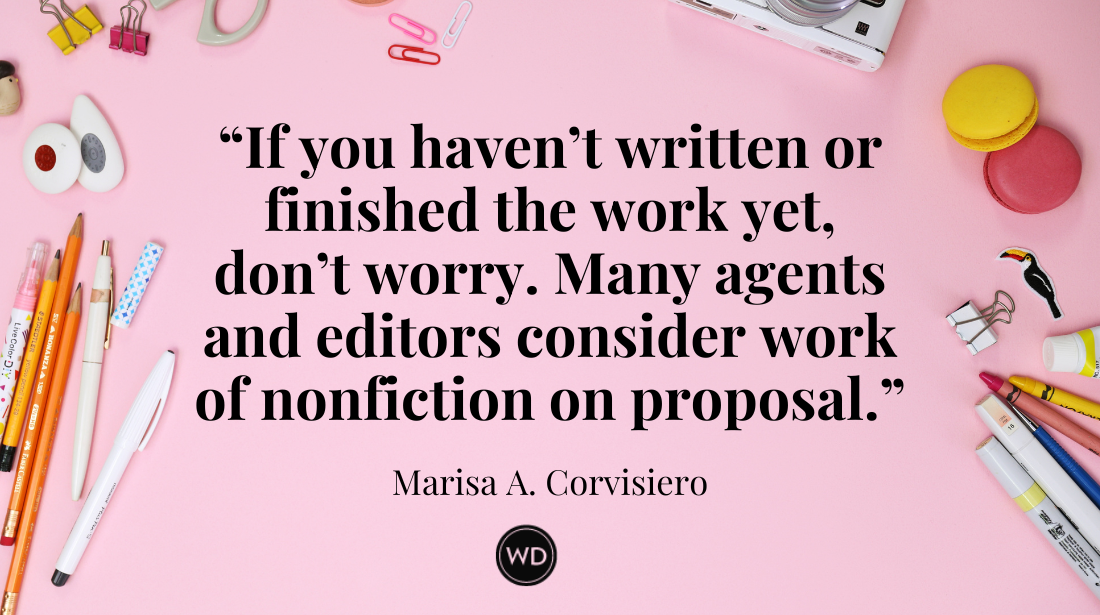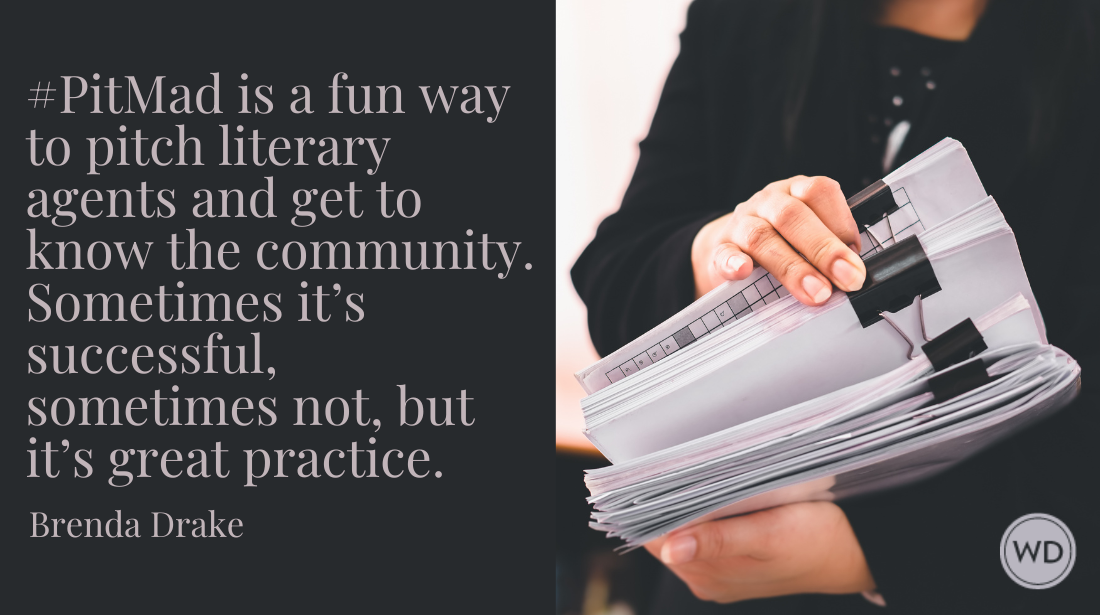Michael Connelly: Bonus WD Interview
Crime novelist Michael Connelly shares more of what he learned in adapting his iconic character Detective Harry Bosch for TV—from externalizing internal character struggles to reconsidering backstory, setting and more.
Michael Connelly has compared the act of writing to surfing a wave. The metaphor also applies to Connelly’s career of late: The latest installment of his modern-day classic Harry Bosch crime novels, Two Kinds of Truth, hits bookstores this October; he has begun production on the fourth season of the acclaimed Amazon Video “Bosch” adaptation, with which he’s heavily involved; and he’s still riding the tide of his July novel, The Late Show, which launched a new series with a new protagonist, Hollywood detective Renée Ballard.
Connelly is no stranger to the publishing ocean, though this new set of waves would challenge the balance and stamina of any master. His career began 25 years ago with publication of his first novel, The Black Echo—which introduced Los Angeles police homicide detective Bosch and won the 1992 Mystery Writers of America Edgar Award for Best First Novel—and is now 31 titles deep, 24 of them featuring Bosch and several of them No. 1 New York Times bestsellers, with more than 60 million copies sold worldwide in 40 languages.
One of the most universally admired protagonists in the crime canon, Bosch has not only become the driving force behind a hit TV series, he has redefined the detective hero in crime fiction—known for his singular devotion to victims who might easily be dismissed or forgotten. That devotion is embodied in one of the most famous moral codes in the genre: “Everybody counts or nobody counts.”
Of course, there’s long been more to Connelly than Bosch. His background working the crime beat for The Los Angeles Times and the Fort Lauderdale Sun Sentinel well prepared him to report on crimes of his own imagining. (He also doesn’t shy away from basing characters on real people who fascinate him, as you’ll learn in the pages ahead.) His Mickey Haller series, now eight books deep, launched with The Lincoln Lawyer in 2005 (later adapted for the big screen starring Matthew McConaughey), and he has a growing roster of recurring characters, both male and female, appearing in smaller series and standalones.
Upholding, perhaps, a writerly moral code of his own, Connelly took a generous break from the “Bosch” writers room to speak humbly with WD about his decades in
publishing, giving an old character new life onscreen, and continuing to push creative boundaries. Look for the feature-length interview in the October 2017 Writer’s Digest. In these online exclusive outtakes, Connelly talks more about the process of turning Bosch into TV.
The Bosch novels center on Harry’s voice, specifically the way he thinks and reacts internally. What challenges did that present in the transformation of the stories to TV?
Eric, who has done this for a long time, was the one who saw the need to step outside Harry and develop the other characters a bit more and expand their roles and story lines, if only because you couldn’t work Titus [Welliver, who portrays Bosch on screen] that hard. He’d be filming 11 hours a day five days a week and that’d kill him.
The other problem was how to deal with Harry’s complicated past and allow for some way to get his unique perspective and worldview out in a way that wouldn’t seem hokey or forced. Here again, Eric came up with the solution:
He’d read the novels and saw that The Concrete Blonde was based on a trial, where Harry is being sued for a shooting that the victim’s widow claims was unjustified. The trial allowed us to reveal through Harry’s testimony things that were conveyed internally in the novels. He had to answer very personal questions about his mother’s murder and his being raised in foster homes, and explain how all of that affected his stance as a cop.
Also, in the later novels, Harry is dealing with his role as a father, and we decided to make Maddie, the daughter, a teenager, so she could challenge him about what he does and what he believes. We also made a point of including his ex, Eleanor, in the series. This gave him an adult foil who knows him intimately—which is why they locks horns so often—once again giving us a secondary character who can flush out into the open Harry’s inner life and backstory.
Were there any other adjustments that had to be made, where something in the novels wouldn’t work for TV?
When you’re working on a novel you never think about how much it would cost to shoot one of your scenes. But that’s a huge consideration in film and TV. That’s the reason we made present-day Los Angeles the setting for the show. The cost of putting the stories no further back than the 1990s would still have been prohibitive. But that had repercussions elsewhere.
Harry’s experience in the Vietnam War was a huge part of his character in the novels, but that goes too far back in time for a character in his mid-to-late 40s now. And Desert Storm was a totally different experience than Vietnam; you can’t just switch wars. So that was a major adjustment in Harry’s background we had to make purely on the basis of budget.
That brings us to Titus Welliver, the actor who plays Harry on the series. How did he get chosen?
I was the one who suggested Titus, actually. I’d seen him in a number of things, but it was his performance in Touch, the show Kiefer Sutherland starred in after 24 ended, that sold me.
I knew that whoever played Harry would have to be able to convey much of his backstory in his physical presence, because TV’s a visual medium. In Touch, Titus played an ex-fireman suffering from PTSD. When I saw him in that role, I looked at his face and thought, “Those are Harry’s eyes.”
But when we began our search, we had two big-name casting directors roll out who they thought would work for the role, and despite a lot of great actors mentioned, neither named Titus as a possibility.
Now, I’m totally new to all this, and frankly I felt a little intimidated. But once we’d been through the presentation I kinda meekly said, “What do you think about Titus Welliver?”
To my relief they said they loved Titus. But he was in Hong Kong on a film project and wouldn’t be available for several months. So we started the audition process, something else I’d never been through before. Some actors will read, some refuse to read but will do an interview, and so on. After two months we still hadn’t found our Harry. Then we got word Titus was back in town, and we invited him in.
He read from the pilot script before a white screen. That was it. He left that afternoon with the job.
David Corbett is the award-winning author of five novels, the story collection Killing Yourself to Survive and the nonfiction work, The Art of Character. David is a regular contributor to Writer's Digest. Find him online at davidcorbett.com. Follow him on Twitter @DavidCorbett_CA.








